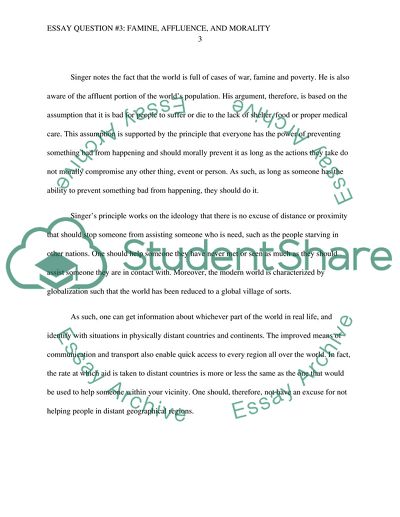Cite this document
(The Social and Ethical Modifications Essay Example | Topics and Well Written Essays - 1500 words - 11, n.d.)
The Social and Ethical Modifications Essay Example | Topics and Well Written Essays - 1500 words - 11. https://studentshare.org/philosophy/1697399-the-social-and-ethical-modifications
The Social and Ethical Modifications Essay Example | Topics and Well Written Essays - 1500 words - 11. https://studentshare.org/philosophy/1697399-the-social-and-ethical-modifications
(The Social and Ethical Modifications Essay Example | Topics and Well Written Essays - 1500 Words - 11)
The Social and Ethical Modifications Essay Example | Topics and Well Written Essays - 1500 Words - 11. https://studentshare.org/philosophy/1697399-the-social-and-ethical-modifications.
The Social and Ethical Modifications Essay Example | Topics and Well Written Essays - 1500 Words - 11. https://studentshare.org/philosophy/1697399-the-social-and-ethical-modifications.
“The Social and Ethical Modifications Essay Example | Topics and Well Written Essays - 1500 Words - 11”. https://studentshare.org/philosophy/1697399-the-social-and-ethical-modifications.


